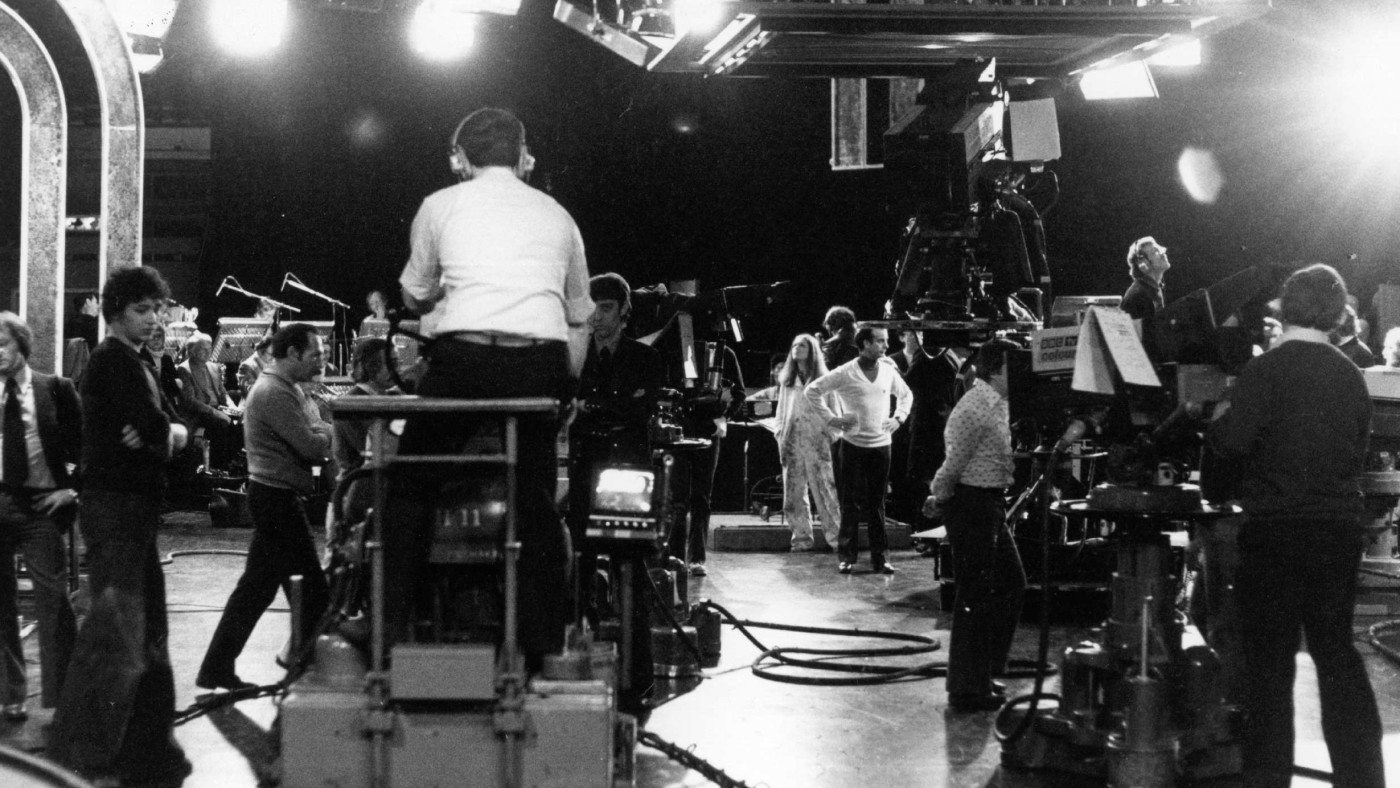British TV shows are among the most admired in the world, thanks to our buoyant independent TV sector. The lynchpins of the broadcasting system are the 25% quota placed on public service broadcasters (PSBs), and the Terms of Trade which assign secondary programme rights – including international rights, format rights, video and DVD royalties and 85% merchandising net profits – to the indie producers.
The governments of Thatcher and Major were the first to recognise the benefits of supporting the independent production sector. The 25% production quota was introduced in the 1990 Broadcasting Act, following recommendations by the Peacock Committee for years earlier.
Despite the quota, the PSBs were still the overly dominant players in the market, with the Independent Television Commission finding they had “significant buying power”. Producers in effect lived hand to mouth under the ‘work for hire’ model, with the BBC and Channel 4 buying one show at a time – meaning businesses could not invest for future growth. This changed in 2003, when new rules – the Terms of Trade – gave producers ownership of the rights to their ideas for the first time.
This regime has worked well. It has led to a creative and financially viable independent TV programme production sector, boosted investment massively, and fuelled the growth of an export industry in UK television programmes. Thirteen years ago independent production companies were worth just £850 million to the British economy. Today, the sector is worth almost £3 billion, with 500 independent television producers employing tens of thousands of people across the country. It is an industry dominated by small businesses – 85% of independent producers are SMEs – and the greatest growth in the sector is coming from the smallest companies.
The importance of the Terms of Trade in this success story cannot be overemphasised. They have served, as intended, as a counterbalance to the bargaining power of the PSBs and given the independent producers an asset (secondary rights) which enable them to gain programme funding and to grow as credible competitors. Instead of a sector populated by producers earning 5% commission on a tight programme budget set by the PSBs, the sector is one where commercially savvy and viable production companies have been able to flourish and innovate.
Last autumn, the Secretary of State for Culture, Media and Sport, John Whittingdale, asked Ofcom to examine whether this success together with the decline in the PSBs’ viewer share means that that the Terms of Trade can be abandoned.
The answer is an emphatic no. The PSBs remain vertically integrated, they still have around 50% viewer share, and buy around 80% of each years’ original TV programmes. As the dominant purchasers of UK original TV programmes they have actual and latent bargaining and market power.
If the current regime were to be disbanded there would be predictable and adverse consequences. Specifically, and most obviously, the balance of bargaining power between independents and the PSBs would alter in the latter’s favour. This would lead to: lower fees paid to independent producers; more secondary and other programme rights assigned to the PSBs; a reduction in the number of independent producers; and the acquisition of larger and more successful independents by broadcasters.
The argument that because the current regime has been a success, it can now be abandoned, fails to distinguish cause from effect. The market has strengthened because of the regime, and hence if it was significantly modified it would revert to the original situation that gave rise to the need for the Terms of Trade – overly powerful PSBs squeezing TV producers and warehousing programmes in a less competitive marketplace.
Ofcom has now published their report, and it is unequivocal. The regulator concluded the system is working and that they “do not see a major case for change”, finding that the Terms of Trade “continue to be necessary and will still be needed in future”. It also noted that the PSBs are indeed still the dominant players in the market.
However, the Secretary of State is yet to respond to the Ofcom report, meaning the future of the Terms of Trade is still highly uncertain This lack of clarity over the fate of the system is chilling investment in the independent sector and threatening jobs across the country. The government should quickly accept the report, and support a British success story.


